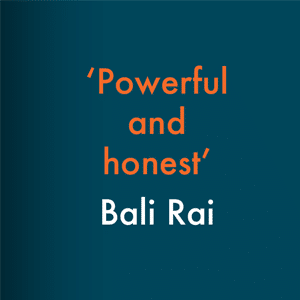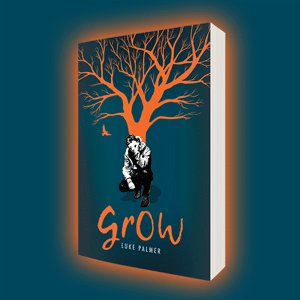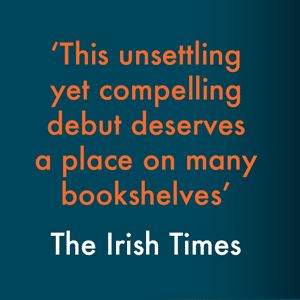Luke Palmer is a poet, author and secondary school teacher, living in Wiltshire. His first young adult novel, Grow, (Firefly, 2021) told the story of teenager Josh, who lost his father in a terror attack, and was subsequently targeted by white, right-wing radicalisation online and at school. Grow was longlisted for the Carnegie Medal, shortlisted for the Branford Boase first children’s novel award, and was a Sunday Times children’s Book of the Week. Luke’s second novel, Play, was published in 2023.
Here the author considers his first book in the light of this summer’s rash of violent riots across England.
This past summer, we’ve all reeled from the rioting of the far-right across the country, from the displays of hatred and violence in our communities. And, whilst the quick and effective punishment of those involved is welcome, it would be a mistake to think this puts an end to that particular chapter. Especially when that chapter started a
long time ago.
In 2016, I started writing Grow, my first young adult novel, in response to a comment from one of my secondary school students. We were discussing Brexit. ‘You keep giving us facts, Sir,’ he said. ‘But I just want to be angry.’ I wrote the book to try to understand what he meant. What was appealing about anger? Where might it lead?
It’s easy to plot this happening in fiction, to cast a villain whose manipulative and twisting force has a malignant effect on a young, impressionable mind. It’s easy to create a character who, eventually, resists. But the real world doesn’t follow those rules. So, three years after Grow was released, three years of almost daily upticks in the anti-migrant narrative, waking to the news of far-right rioting, of anger manipulated beyond justification, anger spilling into hatred directed at our communities’ most vulnerable members, was a grindingly familiar story.
Young people’s thirst for understanding is voracious. As their world gets bigger, their need to sit comfortably within it gets more urgent. Things happen that they do not understand, and this throws them off centre. They need their balance restored: their questions answered. While I may be comfortable with being off-kilter, accepting there are things beyond my immediate understanding and experience, young people often can’t move forward until their world is righted again. In some cases, the necessary conversation is neither a short nor an easy one.
But by neglecting to have these conversations, we run the risk of pushing young people towards the simplistic world view, a world that makes sense if only in the context of click-bait solutions and toxic black and white ideologies.
In writing Grow, I was aware of creating a character who crossed a line, who at times embraced the anger that was brought out in him. He felt safe inside it. He felt powerful. I was aware that readers might not follow Josh Milton back up from the dark places he went to – the prejudice he shows, the criminal damage he causes – but I was aware of writing a book that would provoke conversations on that possibility, and on the possibilities of empathy. If we understand the decisions Josh makes, can he, in our eyes, be redeemed?
Seeking that understanding in the real world should not be seen, in any way, as an attempt to justify the actions of those who chose violence and hatred this summer. I applaud the swift and public justice brought to bear on those worst perpetrators of the summer’s riots, but it cannot be the end of the conversation. We need to talk about where that behaviour came from, about the forces that manipulate and twist, about the dangers of those forces persisting.
The public consciousness, if such a thing exists, has been busy and battered these past few years. But this particular conversation cannot be allowed to shrink from it. Perhaps it’s naïve to believe that understanding where something comes from gives us a means to avoid it in the future; that explanation of past or even fictitious consequences is a way to educate against their causes. But I do believe this. We can’t shy away from recent events, nor reduce the narrative to ‘a few bad apples’. After all, in the full version of the adage, those few bad apples render the whole barrel ruined, don’t they? It’s only through scrutiny, through continuing these conversations, that a public consciousness might root out the rot and find the space it needs to grow.





